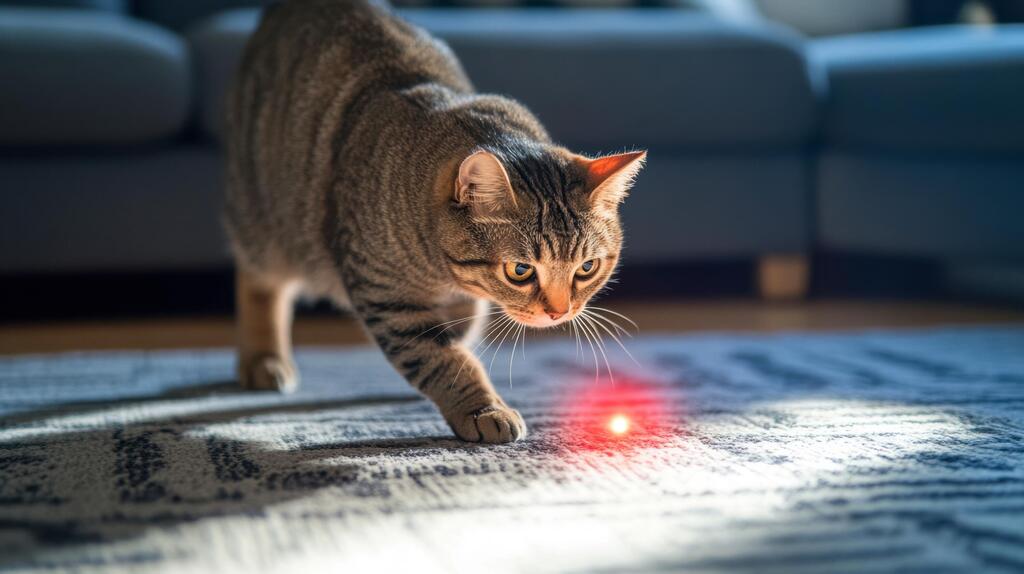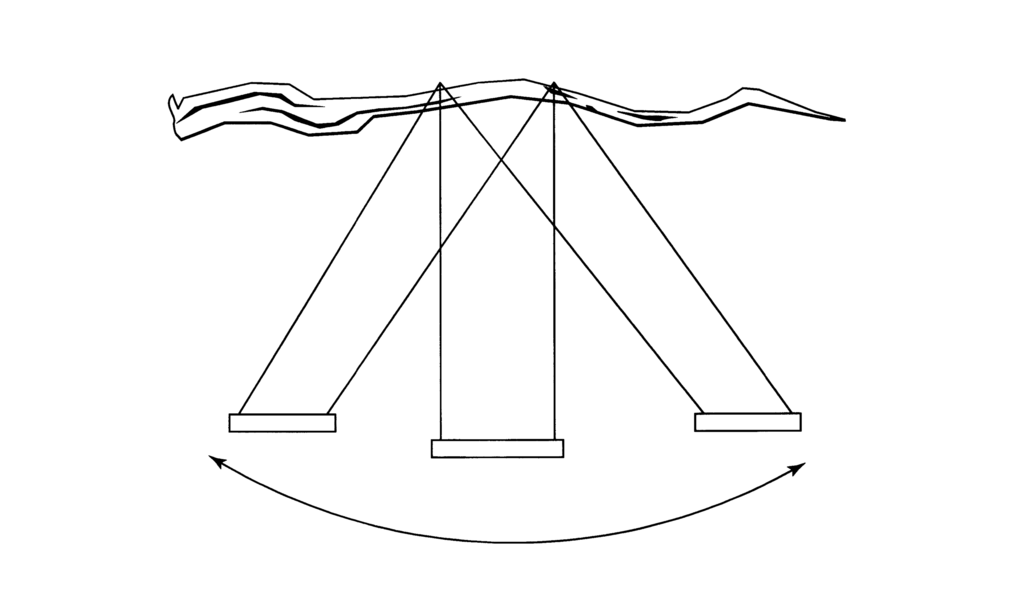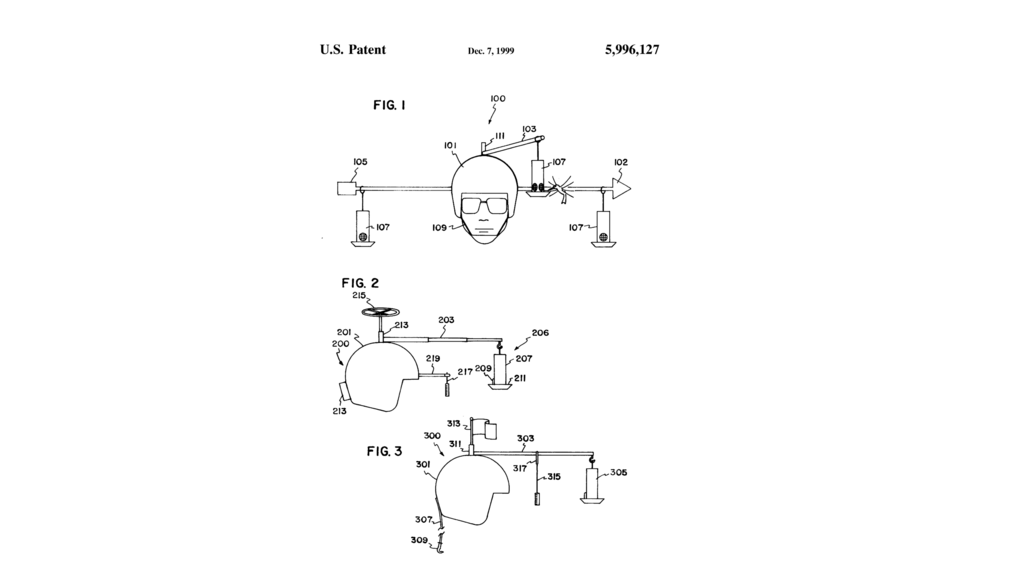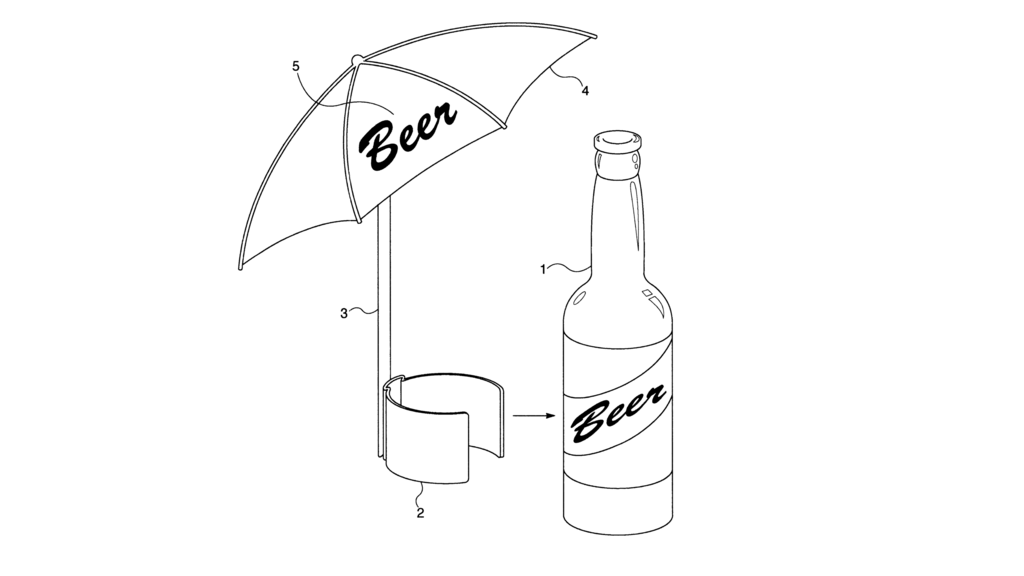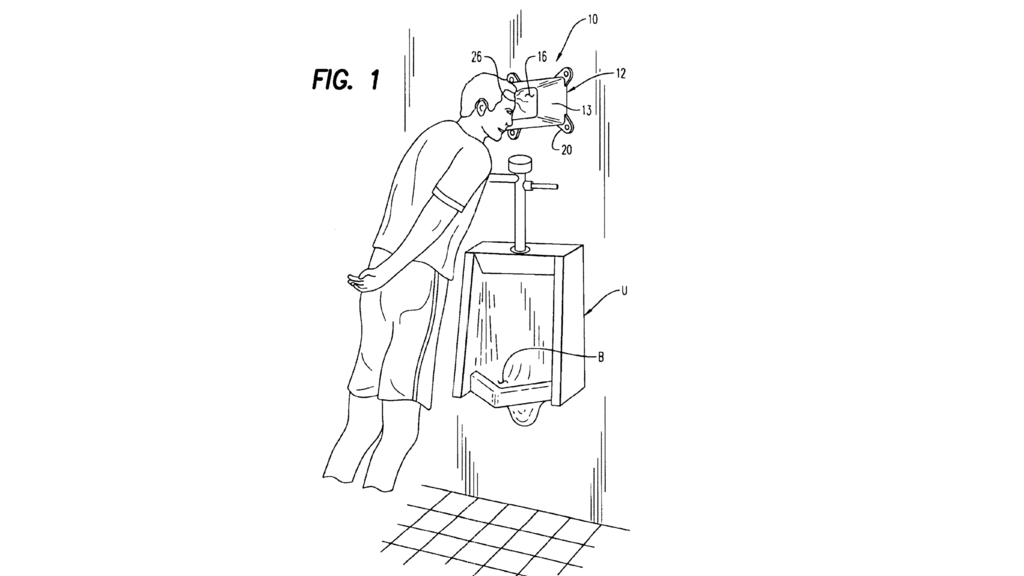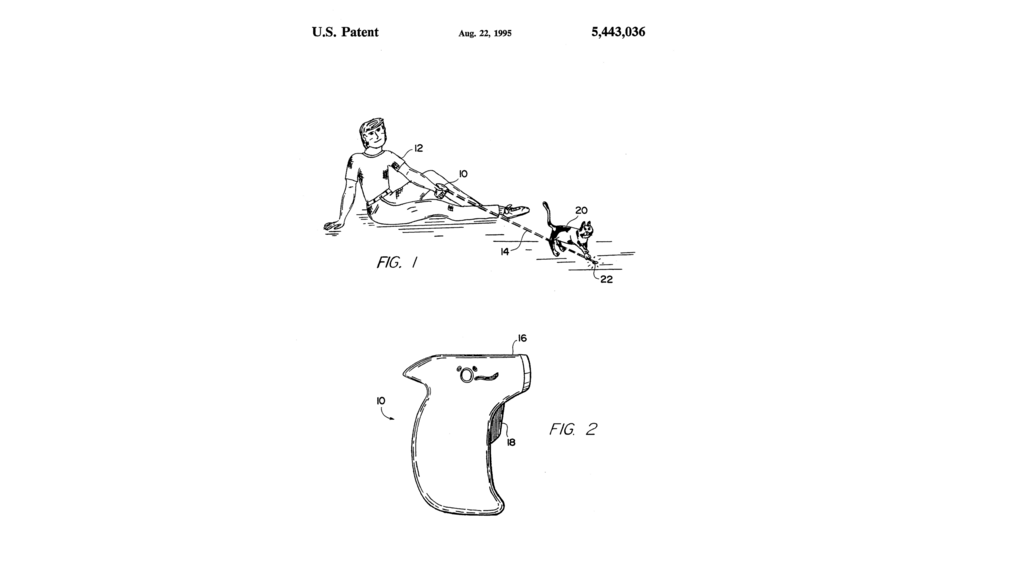Have you ever thought you needed professional guidance on how to swing on a swing? It’s unlikely, but it turns out there's an "official" method for it. Tried training your cat with a laser pointer? That's also a patented idea, which you might be infringing every time you play with your kitty in the living room.
Many might not know this, but there are tens of thousands of strange, brilliant and even downright bizarre patents out there, for which people have decided to pay thousands of dollars to register in their name. Ynet dove into this intriguing world and came back with a few gems that will make you wonder — what’s on inside people's heads?
Method for swinging on a swing
Yes, this really exists. Someone really thought humanity needed a detailed explanation on how to swing. Does this mean all the kids on the playground are infringing on a patent? Let's hope not, because that would be a bit embarrassing in court.
Wearable device for bird feeding and observation
For anyone who always wanted to be half-human, half-bird feeder — now’s your chance. This patent describes a device you can wear to feed birds and watch them up close.
Beer umbrella
Because what's more important than keeping your beer cool and refreshing? If you ask beer enthusiasts, probably not much. This patent describes a simple and perhaps even effective, solution: a special umbrella designed to keep your beer shaded and cold.
Forehead rest device
If you've ever found yourself needing to use the restroom while at a bar, club, restaurant or just in the middle of a workday, but you're too tired or tipsy to stand up straight and need to rest your head for a moment — this next patent is for you. The image shows a sort of cushion installed above a urinal, allowing the user to rest their head.
Training a cat with a laser pointer
If you've ever tried to get your cat to do, well, anything, you know it's almost impossible. But fear not, because patent US5443036A is here to help. Registered in 1995, it describes a method for "promoting aerobic activity in pets, especially cats and dogs."
The "revolutionary" idea is to activate a laser pointer that moves unpredictably, encouraging your cat or dog to chase after it, thus getting some exercise. Yes, just like how every cat (or dog) owner has been doing for decades since the laser game was invented, only now it's official.
What's behind these patents?
To understand why people register patents for things like swinging on a swing or a beer umbrella, we spoke with Dr. Gitay Kryger, a patent attorney at Ehrlich Group, who gave us a glimpse into a whole new field within science and technology that we hadn’t known before.
"First of all, it's important to understand what a patent really is," Kryger explained. "Many people think a patent is simply a registration of an idea, but that's not the case. A patent is a legal document that grants the inventor exclusive rights to their invention for 20 years."
In simpler terms, think of it like planting a flag on the moon and saying, "This is mine," except instead of the moon, it's your invention, and instead of a flag, you have a pile of legal paperwork detailing exactly what your idea covers and what your rights are if someone infringes on your patent.
Why do people bother registering patents?
Dr. Kryger listed a few reasons: "The first reason is, of course, money. A patent can be a serious source of income," he explained. "You can sell the rights to your invention, license its use or simply prevent others from using it and control the market."
Another reason is a desire for fame. "A patent can build your reputation as an inventor or as an innovative company and that's very important," Kryger said. Alongside this comes legal protection: "If someone copies your invention, you can sue them. Here’s an important point —just because you registered a patent doesn’t mean you’re automatically protected. You have to be proactive and take legal action if someone steals your patent."
Another motivation for scientists or developers to register a patent is the need to attract investors. "A patent can be a significant asset for an inventor or a company," Kryger explained. "It can help attract investors and increase the company’s value. If you have an exclusive idea and are confident enough to want to secure your rights to it, that’s something investors appreciate."
Why does the state encourage patent registration?
"The state wants to encourage innovation and technological advancement, which is why it invests heavily in the area of patent registration," Kryger explained. "By granting inventors exclusive rights, it encourages them to invest time and resources in developing innovative technology. It pays off in the long run.”
It’s not all sunshine and rainbows
But not everything is perfect in the world of patents. "Let's start with the fact that it's an expensive and complicated process — registering a patent can cost anywhere from $10-100,000," Kryger explained.
"It depends on the type of invention and the country where you want to register the patent. Most inventors aim to register their patents in countries with strong and competitive markets because that’s where the risk of copying is the highest.”
"The situation is different when it comes to strong but problematic countries like China. Even if someone infringes on your patent there, which happens quite often, the chance of successfully suing in China is close to zero despite companies trying to protect their technologies. It’s essential to understand this,” he added.
"Further, when you register a patent, you must disclose all the details of your invention," Kryger explained. "Registered patents are accessible to the public — after all, if I come up with an idea, I need to know if someone thought of it before me, right? Therefore, once you register a patent, while no one can use it without your permission, the technology and idea will be available to everyone.
"Generally speaking, sometimes a patent can even limit you," he concluded. "If someone finds a way to circumvent your patent or develops better technology, you might find yourself stuck with an outdated invention that you can’t change. That’s why it’s crucial to consult with an expert before rushing to register your next bird-feeding device."
Get the Ynetnews app on your smartphone:


